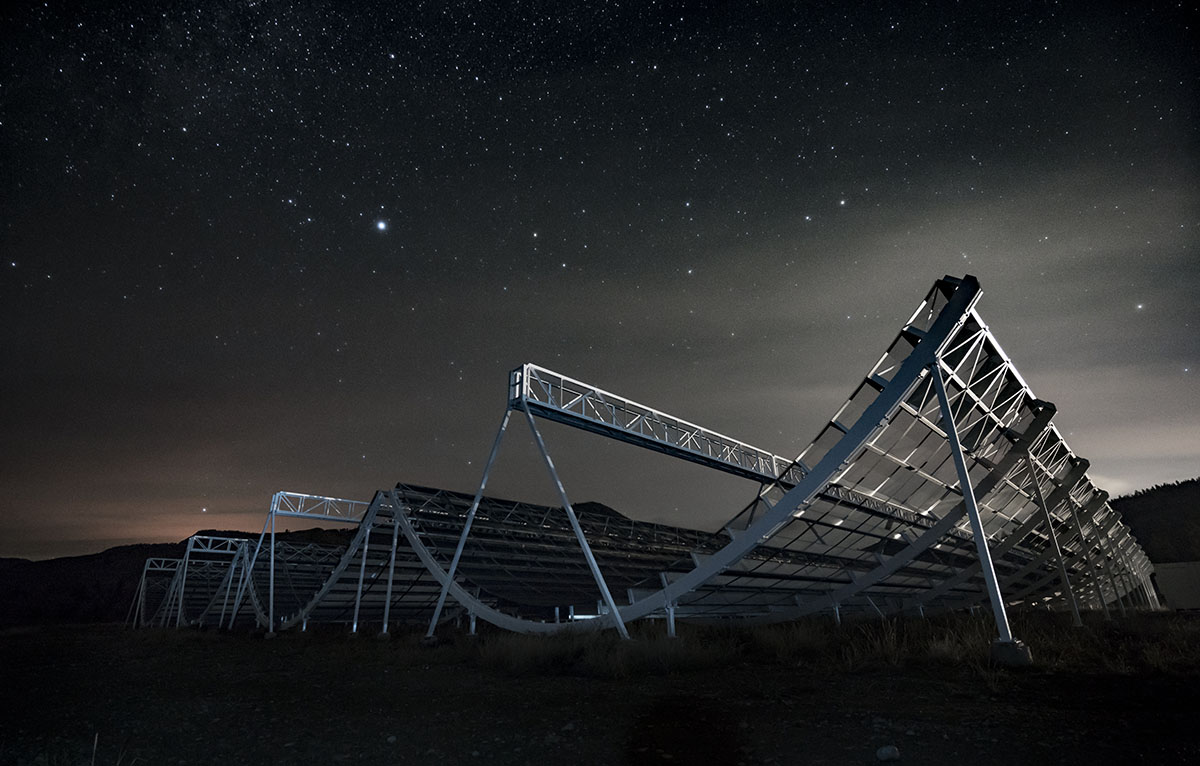Wright Lab scientists develop and lead experiments to further our understanding of the Universe, from the most elementary particles to the evolution of the cosmos at the largest scales.

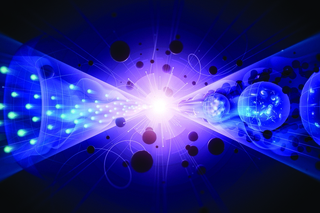
Research & Development
Wright Lab supports a broad research program in experimental nuclear physics, particle physics, and astrophysics, with particular emphasis on instrumentation development and quantum sensing for fundamental science.
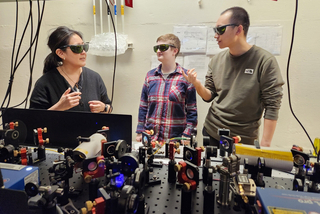
Preparing Future Scientists
Through hands-on research experiences, workshops, mentoring, scientific seminars, and career development activities, we train the next leaders in science and technology with a broad set of technical and management skills.
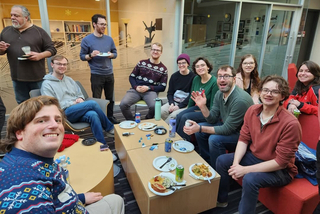
Research Community
Wright Lab is committed to fostering community among all students, staff, and faculty. Our community’s goal is to provide a safe, supportive, and productive environment for research, teaching, and mentoring.
Exploring Fundamental Physics of Quantum & AI
We lead a variety of experiments and efforts to develop quantum sensing tools and techniques for fundamental science.
We are engaged in a diverse spread of artificial intelligence, data science, and machine learning initiatives to enhance our research, teaching, and general productivity.
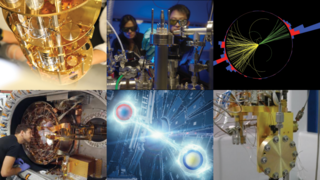
Upcoming Events
Subscribe to “Wright Lab Events” (1-5x/week) or “Wright Lab News” (1-5x/year) for updates on events & news.
News
-
Science diplomacy for global security
Graduate student Talia Weiss recently traveled to Japan participate in the 63rd Pugwash Conference and ISYP early career conference in Hiroshima.
-
Heeger elected to APS DNP Executive Committee
Heeger was elected to a two-year term on the Executive Committee for the American Physical Society (APS) Division of Nuclear Physics (DNP).
-
Yale Physics hosts Haunted Hallway and Halloween Demo Show
About 275 people attended, with students and their families coming from public schools in New Haven, West Haven, and Orange.
Funding
Wright Laboratory gratefully acknowledges support from the Alfred P. Sloan Foundation; the Department of Energy, Office of Science, High Energy Physics and Nuclear Physics; the Gordon and Betty Moore Foundation; the Heising-Simons Foundation; the John Templeton Foundation; the Krell Institute; the National Science Foundation; the Simons Foundation; and Yale University.
